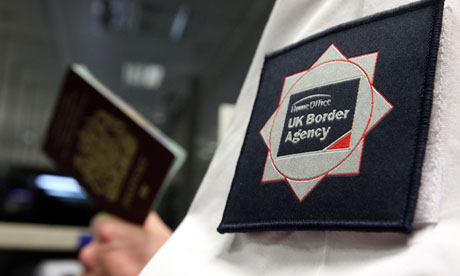And suddenly the left is on a roll in Canada. Sort of. “Canada’s got a new leader,” an NDP ad says. “Tom Mulcair.” This is not strictly accurate—Canada has the same old leader and merely a new Opposition leader—but never mind.
“We started something special together,” Mulcair says in the ads, eyes glinting. “Now let’s get the job done.”
As if on cue, the polls are lining up to offer a semblance of support for the idea that getting the job done is possible. A Léger poll published April 7 found the NDP at 33 per cent Canada-wide, the Conservatives 32 per cent, and the Liberals down at 19 per cent. That’s an eight-point decline for the Conservatives since last year’s election.
Some 57 per cent of respondents said they’re dissatisfied with the Harper government, compared to 36 per cent who like it. Last month’s federal budget drew more unsatisfied reaction than satisfied, and respondents who associated themselves with “the left” outnumbered those sympathizing with “the right” everywhere except Ontario (where they tied) and the three Prairie provinces.
“We started something special together,” Mulcair says in the ads, eyes glinting. “Now let’s get the job done.”
As if on cue, the polls are lining up to offer a semblance of support for the idea that getting the job done is possible. A Léger poll published April 7 found the NDP at 33 per cent Canada-wide, the Conservatives 32 per cent, and the Liberals down at 19 per cent. That’s an eight-point decline for the Conservatives since last year’s election.
Some 57 per cent of respondents said they’re dissatisfied with the Harper government, compared to 36 per cent who like it. Last month’s federal budget drew more unsatisfied reaction than satisfied, and respondents who associated themselves with “the left” outnumbered those sympathizing with “the right” everywhere except Ontario (where they tied) and the three Prairie provinces.





















